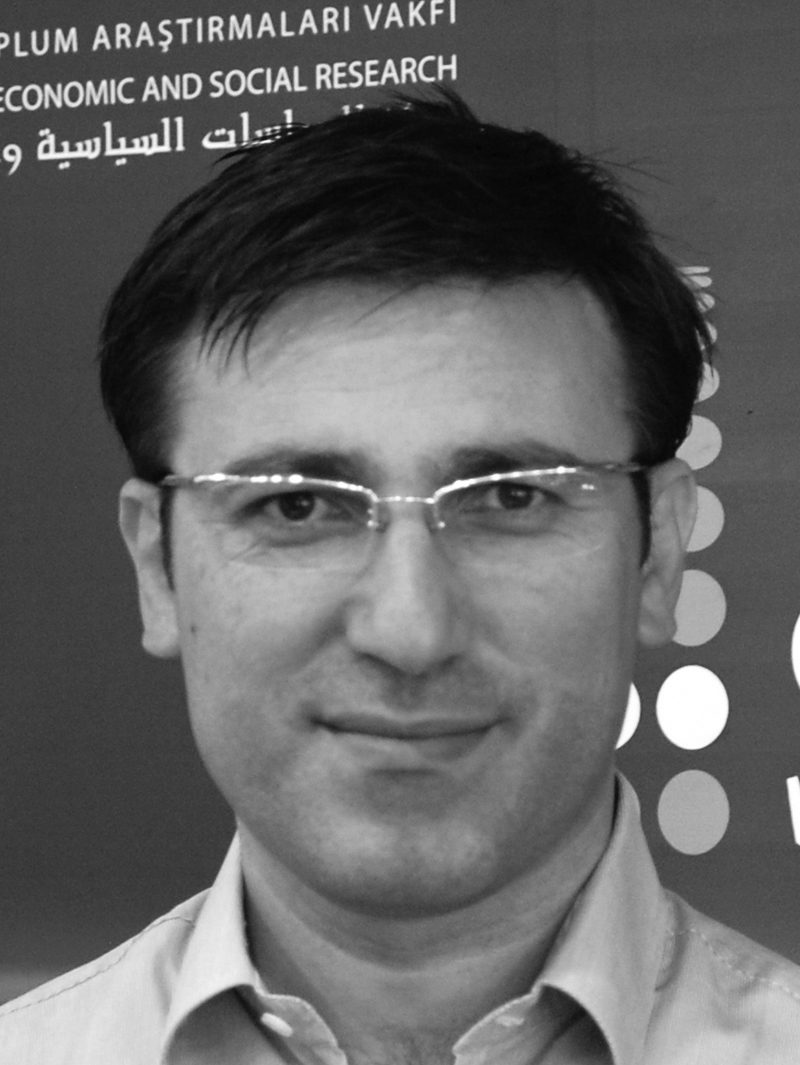There is a growing Muslim population in the very heart of Europe, where states are largely secular. Secularized European social life, political culture and the public sphere are all facing an enormous challenge of accommodating a relatively religious Muslim citizens coming from different Muslim countries. Despite settling in Europe and getting socialized here, many Muslims attach great importance to their sacred and religious values, trying to express their demands and identities in the public sphere.
In the midst of secular Europe there is an increasing presence of Muslims with an estimated number between 13 to 15 million comprising more than 3, 5 percent of the European population. It is worth remembering that Europe’s Muslim population is an unintended consequence of labor migration during the postwar labor shortage in the 1950s and 1960s when Turks, Algerians, Moroccans, Tunisians, and Pakistanis were invited to fill the vacuum in workforce. In the initial period of their employment it was thought that they would return to their home countries once the industry took off and the migrants saved enough money. Therefore, labor-receiving countries neglected to establish comprehensive policies for the integration of Muslim migrants. Germany for example insisted using the term “guest worker” to indicate that they are meant to go back home. Instead, families joined together and new generations of Muslims have emerged in the heart of Europe. Since their arrival and settlement in Europe, Muslims have been encountering a number of problems such as being employed in low paid jobs, failure in education, bad housing conditions, racism and discrimination.
State policies towards Muslims seem to have contributed to ghettosiation of Muslim communities. Increasing number of Muslims, their visibility and claim-makings as equal citizens in the public sphere are leading to new identity negotiations for Muslims and Europeans. The cover picture of European edition of weekly Time magazine (February 8, 2005), which portrayed Mona Lisa with a Muslim headscarf lends support to our view that Europeans are also redefining their identity. Europe has never been a monolithic region and thus there has never been homogenous European identity. Yet, discussions on European identity seem to be based on culturalist arguments that define Europe in relation to common European values, culture and history in recent years. Despite culturalist trends which also make references to Christian roots of western civilization, sociological facts and new cultural/ethnic/religious landscapes on Europe strongly indicate that European identity should be defined with more inclusive and broader concepts and values.
Muslims are also in the process of reconstructing their religious and cultural identity defying the essentialist clichés that Muslims have monolithic identity perception. It should be noted that there is significant diversity among the Muslim diaspora communities and among religious movements regarding their approaches to the problems of Muslim communities and current crisis involving Muslims. Their structures, membership, clientele and language in articulating their collective identity discourses also differ from each other. Therefore, one should not essentialize Muslim identity by having a monolithic approach to current developments and Muslim diaspora in Europe and beyond, because this will strengthen stereotypes and lead to misguided judgments about Islam and its followers. It is well documented that existence of Muslims in Europe is causing varying reactions on the part of Europeans. Some argue that presence of Muslims strengthens religious diversity, multiculturalism and civilisational dialogue while a conservative minority asserts that Islamisation is becoming Europe’s biggest problem and causing an identity crisis. 9/11, Madrid bombing and murder of Theo van Gogh and 7/7 bombings in London worsened the image and position of Muslims in Europe. These events seem to have produced a fertile ground for exclusionary views. An Is
